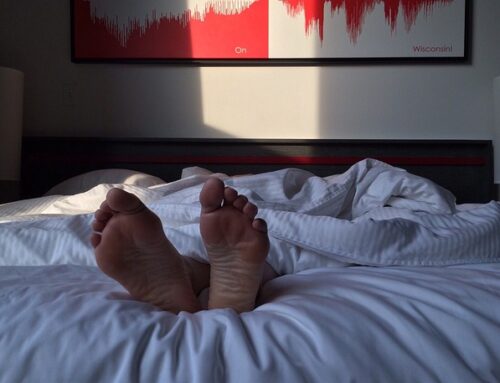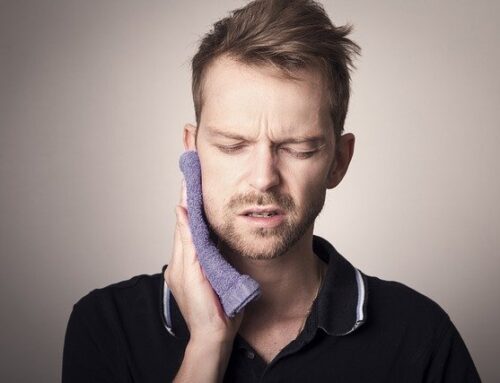Bruxism is a term used to describe gnashing and grinding of the teeth that occurs without a functional purpose. Whether a patient’s teeth grinding is due to a nervous habit, stress or unknowingly, bruxism can cause a lot of damage to their teeth, as well as health. Bruxism affects both children and adults, but is most common among 25-44 year olds.
There are two prominent reasons why people grind their teeth at night: stress and genetics. Stress is particularly evident among women. And because of genetics, teeth grinding can often be something that is inherited by a patient’ family–keep an eye on that.
What is sleep bruxism?
In 2005, sleep bruxism was categorized as a sleep related movement disorder and defined as an oral parafunctional activity characterized by tooth grinding or jaw clenching during sleep, which is usually associated with sleep arousals. So, why do we care about microtrauma? Because of breakage of dental restoration, tooth damage, induction of temporal headaches and temporomandibular joint disorders (TMD).
Bruxism can cause long term damage
In comparison to five years ago, dental and orthodontic practices have seen an increase in patients coming into their office with teeth grinding complaints. Whether a person is waking up with a sore jaw, or have been told by their sleep partner that they have been grinding their teeth at night, studies found that nearly 70% of bruxism cases are caused by anxiety. With cases on the rise, whether it is bruxism or sleep bruxism, it is more important than ever to begin treatment and screening immediately.
Take charge of your patients’ health by screening for bruxism. To learn more, contact my office or sign up for an upcoming lecture.






